Slovakia is considering stopping electricity supplies to Ukraine if Ukraine stops the transit of Russian gas to Slovakia
Slovakia Considers Halting Electricity Supplies to Ukraine Amid Gas Transit Dispute
In a developing geopolitical situation, Slovakia is contemplating the suspension of electricity supplies to Ukraine in response to Ukraine’s potential decision to halt the transit of Russian gas to Slovakia. This growing tension highlights the complex energy relations in Eastern Europe, with the countries involved navigating delicate political and economic landscapes amid the ongoing war in Ukraine.
Background of the Dispute
Slovakia, a member of the European Union (EU), has long depended on Russian gas, which transits through Ukraine to Slovakia and other EU countries. Ukraine has been a crucial transit country for Russian energy supplies, even before the outbreak of the war in 2022. However, with increasing tensions over Russia’s invasion of Ukraine, several countries, including Slovakia, have been working to reduce their dependence on Russian energy resources. In this context, Ukraine has come under increasing pressure to play a role in securing Europe’s energy supplies while maintaining its sovereignty and resisting Russian influence.
The potential for Ukraine to stop the transit of Russian gas to Slovakia stems from the broader energy crisis in Europe, triggered by the war. The EU has imposed sanctions on Russia, and European countries, including Slovakia, are seeking alternative energy sources to reduce their reliance on Russian fossil fuels. At the same time, Ukraine is trying to secure its energy independence and could use the gas transit as leverage in its negotiations with Russia and Europe.
Slovakia’s Potential Response
In retaliation for the potential halting of Russian gas transit, Slovakia is considering stopping its electricity supplies to Ukraine. Slovakia, which has historically been an important electricity supplier in the region, primarily through its nuclear energy resources, is now signaling that it could use its energy exports as leverage in the ongoing dispute. While Slovakia is committed to helping Ukraine during the war, its concerns about energy security and the economic impacts of such a drastic shift in energy supply are significant.
The decision to halt electricity exports to Ukraine would have substantial consequences for both countries. Ukraine has been facing significant energy challenges due to the ongoing conflict, with Russian missile attacks on Ukraine’s energy infrastructure exacerbating power shortages. Cutting off electricity supplies would add more strain to Ukraine’s already strained energy grid, potentially worsening its humanitarian crisis.
On the other hand, Slovakia could face political and economic consequences if it follows through on its threat. Such a move could strain Slovakia’s relationship with Ukraine, which has been receiving significant aid and support from Western countries, including Slovakia, since Russia’s invasion in February 2022. Additionally, Slovakia’s role as an EU member state means that such a decision could have broader ramifications for the EU’s unified stance on energy policies and its support for Ukraine.
Energy Leverage in Geopolitics
The situation illustrates how energy has become a key element of geopolitical leverage in the ongoing conflict. Energy resources have long been a tool of political strategy in Eastern Europe, with Russia historically using its natural gas exports as a way to exert influence over its neighbors. In the context of the Russia-Ukraine war, energy leverage has taken on new dimensions, as countries in the region navigate competing interests of energy security, political alliances, and economic considerations.
For Ukraine, the decision to potentially halt the transit of Russian gas to Slovakia is likely driven by a combination of economic pressures and strategic goals. Ukraine has faced immense financial costs due to the war, and the gas transit fees it collects have been a significant source of revenue. However, by ending the transit of Russian gas, Ukraine may be signaling its determination to further sever ties with Russia, seeking to align more closely with European energy systems. This would be consistent with Ukraine’s broader goal of reducing its dependence on Russia and positioning itself as a more integrated member of the European energy market.
Slovakia, meanwhile, is in a difficult position. While it is an EU member state and an ally of Ukraine, its dependence on Russian energy and the broader energy security challenges in Europe complicate its response. As an electricity supplier to Ukraine, Slovakia faces difficult decisions about how to balance its obligations to help Ukraine while ensuring its own energy needs are met in an increasingly unstable energy market.
The Broader Impact on EU Energy Security
This situation also underscores the broader energy security challenges facing the European Union, as the war in Ukraine has disrupted energy supplies from Russia, leading to skyrocketing energy prices and increasing competition for alternative sources of energy. The EU has worked to diversify its energy sources and reduce its reliance on Russian fossil fuels, but these efforts are still ongoing, and member states like Slovakia are caught in the middle of these complex energy transitions.
As part of its strategy to reduce dependence on Russian gas, the EU has invested heavily in alternative sources such as liquefied natural gas (LNG) and renewable energy, while also exploring ways to increase energy efficiency across the region. However, these solutions are not immediate, and countries like Slovakia are still grappling with how to manage their energy needs in the short term.
The potential halting of energy supplies between Slovakia and Ukraine highlights the vulnerability of the energy supply chain in Eastern Europe. Both countries, along with the EU as a whole, are facing a delicate balancing act in managing energy security, political relations, and the impacts of the ongoing war in Ukraine.
In Conclusion
The potential conflict between Slovakia and Ukraine over energy supplies reflects the broader geopolitical and energy challenges that have emerged due to Russia’s invasion of Ukraine. Energy has become a significant point of leverage in this conflict, with countries like Slovakia and Ukraine navigating difficult decisions about how to secure their energy needs while managing political alliances. The situation is still evolving, and both nations, along with the broader European Union, will need to carefully consider the economic and political consequences of their decisions. As the war in Ukraine continues, energy will remain a key tool in the geopolitical struggle, with implications not only for Eastern Europe but for global energy markets and international relations.
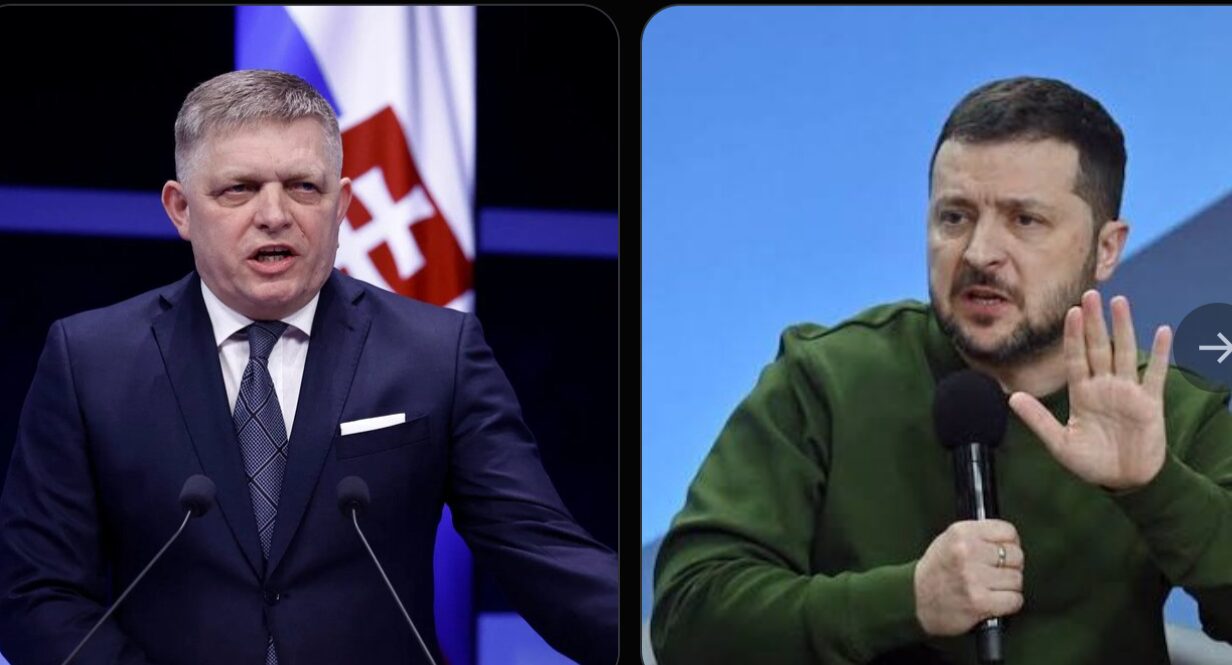


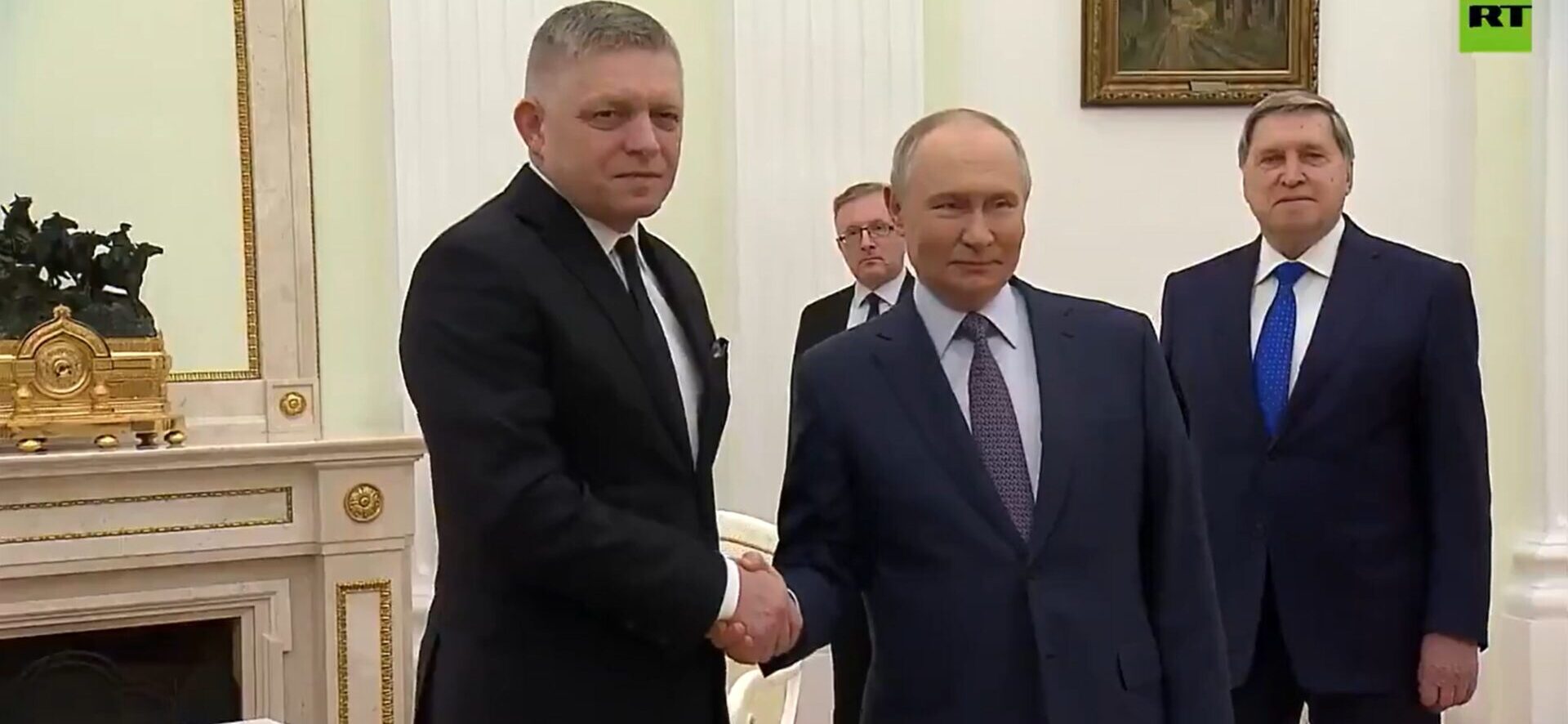
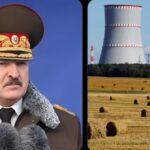
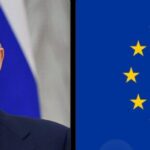
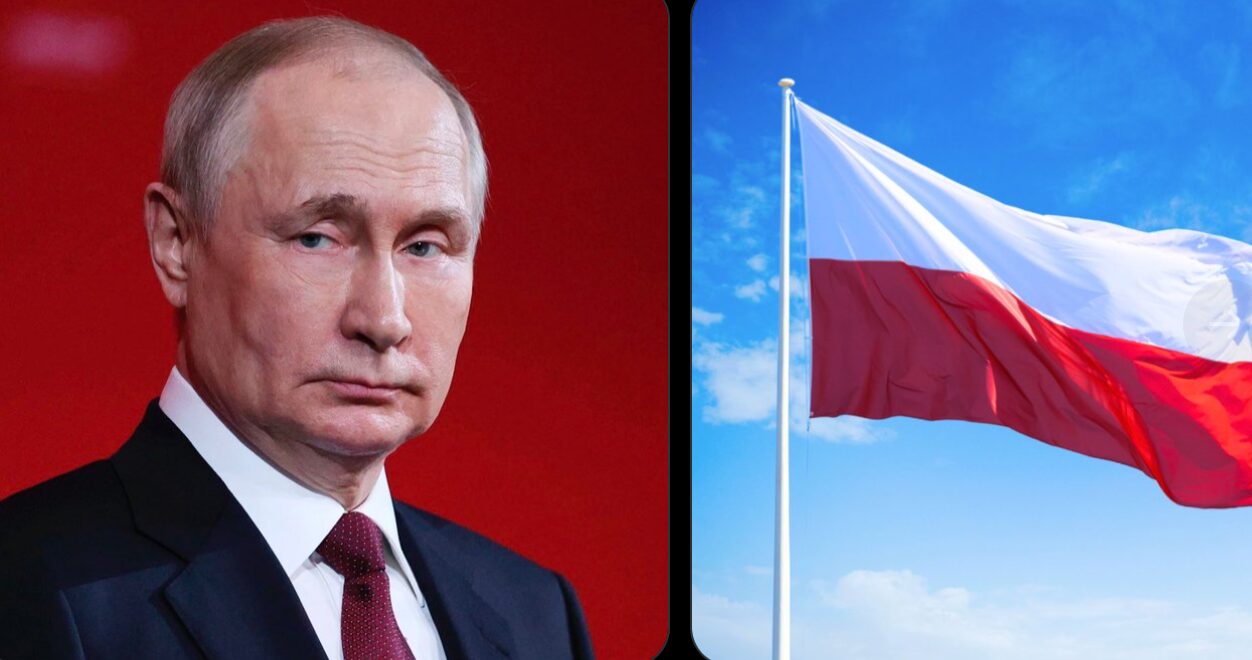
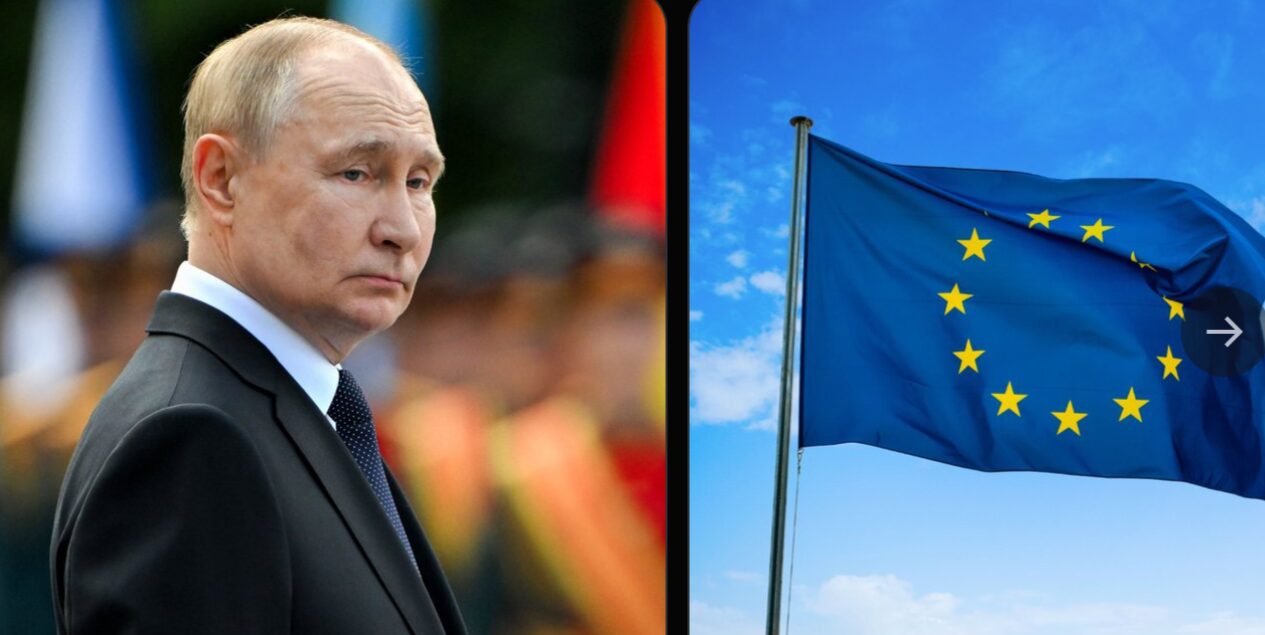









Post Comment